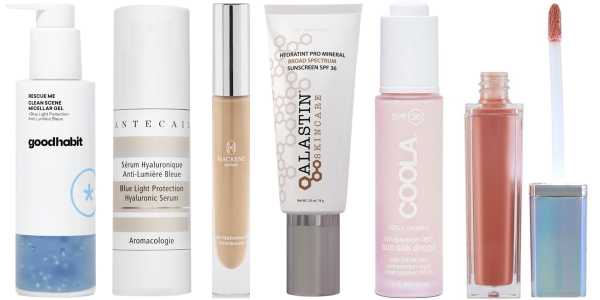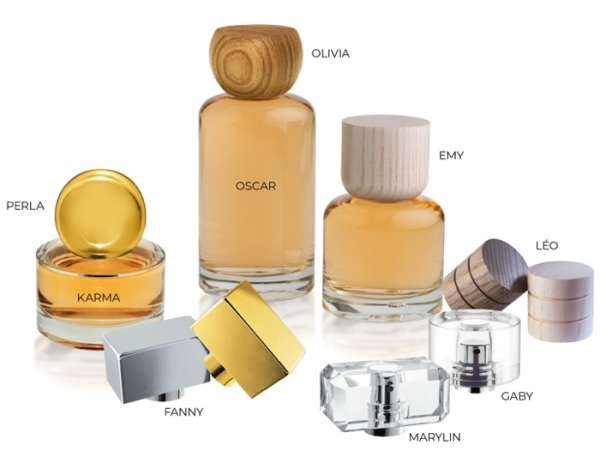Even just an hour of exposure can start to impact your skin’s health.
By
Katie Intner
Apr 27, 2020
Adolescent Content/Nhi NguyenGetty Images
You know the drill: The “Weekly Screen Time Report” pops up on your phone and the number has you do a double-take. If your screen time is up an astronomical amount since isolation began, it’s not a coincidence. Work meetings, happy hours, and workout classes have all become Zoom calls, putting us in front of screens now more than ever. In fact, Facebook reported that there was a 70 percent increase of usage during the COVID-19 outbreak across Facebook, Instagram, and WhatsApp. All that screen time can do more than just strain your eyes—the blue light emitted from our devices is the sneakiest culprit of skin damage.
“Blue light has high energy and therefore is able to penetrate deep into the skin,” says dermatologist Macrene Alexiades, an associate clinical professor at Yale University’s School of Medicine and the director and founder of the Dermatology & Laser Surgery Center of New York. “I caution my patients when using their devices because screens may inadvertently emit UV light, which is known to cause skin cancer.”
If blue light radiation is news to you, don’t fret. We spoke with experts about the harmful light, how it impacts your skin, and the ways you can protect your skin from the damage.
WHAT IS BLUE LIGHT?
“Blue light, also known as Artificial Visible Light (AVL) and High Energy Visible Light (HEVL), is the spectrum of light that is very close in wavelength to ultraviolet light,” says Loretta Ciraldo, a Miami-based dermatologist and the co-founder of her eponymous skincare line. “The sun emits large amounts blue light, which is why the sky is blue. Digital devices, including our cell phones and computer screens, also emit blue light but in smaller quantities so we don’t see it as intensely as the sky’s blue hue.”
Like the UV rays emitted from the sun, blue light has a short wavelength. But when high amounts of blue light are emitted (say from our computers and phones), it can damage deep layers of the skin and cause premature aging and skin cancer.
HOW DOES IT IMPACT SKIN?
“Long-term exposure to concentrated sources of blue light energy can cause skin damage, including color changes, inflammation, and weakening of the skin’s surface,” adds NYC board-certified dermatologist Ellen Marmur.
Related Stories

The Best Blue Light Protecting Skincare Products

Is Your Sunscreen Safe?

BAZAAR’s 2020 Anti-Aging Awards
The National Center for Biotechnology Information reports that exposure of skin cells to artificial blue light emitted from electronic devices—even for just an hour—can cause damage to the lipids and proteins that hold moisture, keep impurities out, and repair the skin.
“The topic of blue light protection is very new,” explains Ciraldo. “For many people, blue light causes more redness, swelling, and hyperpigmentation than UVA. It is for this reason that we dermatologists are now focusing on protecting skin from damage of blue light.”
Source: www.harpersbazaar.com






